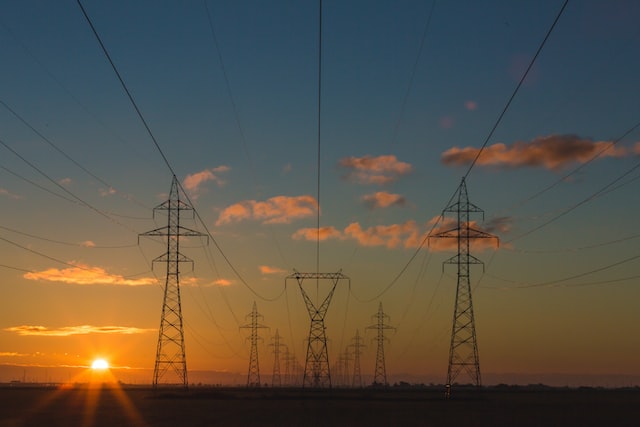
Cannabis Law
Read Full Article (PDF)
Cannabis Law
On July 1, 2021, Virginia became the sixteenth state to permit recreational use of cannabis. As of 2022, thirty-nine states have legalized the medical use of cannabis, and nineteen states and the District of Columbia have legalized the adult use of cannabis for recreational purposes. “A CBS News/YouGov poll released in April 2022 found that two-thirds of Americans want recreational [cannabis] use to be legalized under federal law and in their own state.” This Article summarizes the history of cannabis regulation and examines the current legal landscape in Virginia governing the possession, cultivation, manufacturing, and sale of cannabis.
Lisa Moran McMurdo *
Steven D. Forbes **
Stewart R. Pollock ***
Christian F. Tucker ****
* Partner, Moran Reeves & Conn PC, Richmond, Virginia. J.D., 1999, University of Virginia School of Law.
** Associate, Moran Reeves & Conn PC, Richmond, Virginia. J.D., 2016, North Carolina Central University School of Law.
*** Associate, Moran Reeves & Conn PC, Richmond, Virginia. J.D., 2014, University of California, Hastings College of Law.
**** Associate, Moran Reeves & Conn PC, Richmond, Virginia. J.D., 2017, University of Richmond School of Law.





